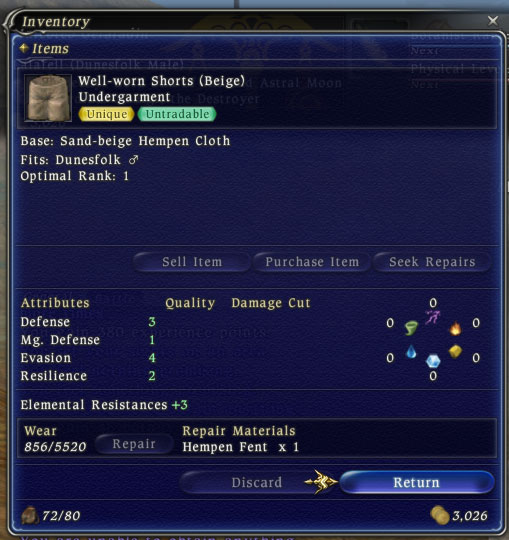
In the American political arena we hear a lot of talk about tax cuts and economic stimulus spending. Tax cuts are nearly always thought of as reductions in the income tax, capital gains tax, or estate tax. Stimulus spending is nearly always thought of in terms of infrastructure projects (either through direct spending to contractors or through state and local governments). The stated goal in both cases is to get more money into consumers’ pockets that they will then spend back into the economy (through investment, grocery shopping, hookers and blow, whatever). A couple of key points keep getting skipped in the discussion:
Tariffs and Food Stamps.
When it comes to tax policy, there are very few people that work for a living and wouldn’t like a little less of their paychecks to evaporate before hitting their bank accounts. Any attempt to cover important government expenditures such as providing for the national security or honoring our Medicare and Social Security obligations through taxation is generally opposed as counter-productive. When you wish to discourage a behavior, you tax it. With this notion in mind, why tax people for being successful in a career that is in high demand? This is the argument that the working poor lean on when they vote for politicians that will slash the taxes of the fabulously-wealthy and cut programs that they might personally benefit from.
Income, capital gains, and estate taxes are all quite low right now by historical standards, and all relate to endeavors that the American public largely think of as Good. Work hard, invest wisely, pass your legacy on to your children. Baseball and Apple Pie right there, folks. But we didn’t always have an income tax. Where did we get the money to pay for our government before that? From another tax that is at a historic low: tariffs.
A tariff is a tax levied on imported goods. When you get a $200 tax cut and go buy yourself a new flat-screen television, a portion of your purchase price goes to your local sales tax. A portion goes to the taxes paid on the profit your retailer made on the transaction and contributed to the bottom line for that retailer paying its employees, who pay all the sames kinds of taxes you personally hate to pay. If you bought something made in this country, like maybe a nice new gun safe, you’d have the same sales and retailer taxes, plus the money for the manufacturer stays in-country where more taxes hit at the company and employee level, and the employees turn around and buy things for themselves, keeping the wheels turning and returning a lot more value for the $200 hit to the federal debt.
Low wages in foreign countries make it cheap to build things in places like China and Malaysia. Improvements in the efficiency of container-based shipping make it cheap to transfer goods across oceans. Super-low tariffs keep it cheap to get goods through customs. If we want to see American factory jobs start to increase again, one or more of these things need to change. Either the wages need to even out (higher Malaysian and Chinese pay or lower American pay) or the costs of shipping need to jump up (oil costs haven’t really put a dent in this yet), or the tariffs need to go up. Of the three, exactly one is under the direct control of our elected officials. Tariffs are a lever we have to influence the direction of trade, and are a subject practically foreign to public debate these days.
My proposal: tie the tariff rates directly to the official unemployment rate. Have a general tariff set at 5% plus the standing unemployment rate. Adjust this rate quarterly, by no more than half a percent per adjustment in either direction (this would help smooth out sudden changes and provide for a more predictable environment for businesses). With such a tariff scheme in place, when the United States job market is strong, our prosperous citizenry will be able to import goods willy-nilly, and when our job market is anemic, businesses will have all the more incentive to on-shore their operations lest Uncle Sam claw back arbitrarily-large chunks of their profit margins.
On the other end of the scale is stimulus spending. If you want to spend money you don’t have, you should at least get as much bang for your buck as you can. Tax cuts aren’t a good bet, because for every dollar of tax cuts less than a dollar of new economic activity is created. Pumping money into state and local governments doesn’t fare much better. What gets the best return? Food Stamps. For every dollar spent on Food Stamps, somewhere between $1.70 and $1.84 worth of economic activity is created. The money spent through food stamps tends to get re-spent within our economy, not sent off-shore or hoarded. A lot of that economic activity ends up paying for jobs for workers that pay taxes that pay for you roads and schools and fire fighters.
Encourage jobs, stay out of my wallet, everybody’s happy.











